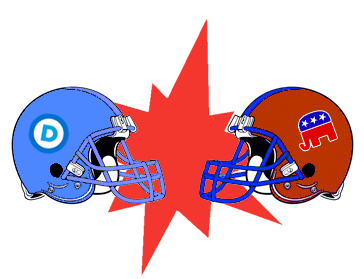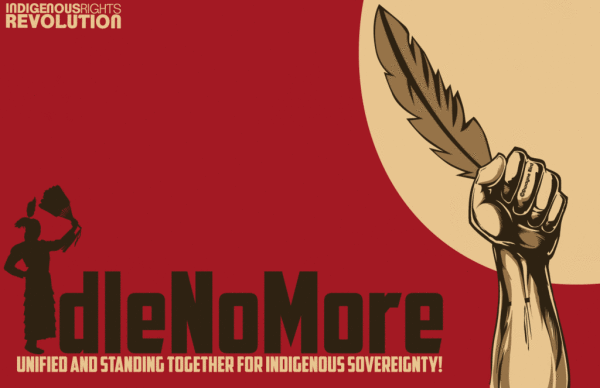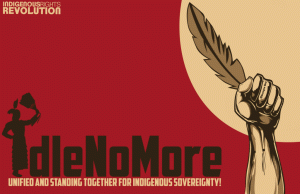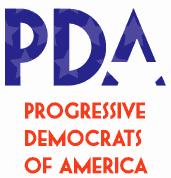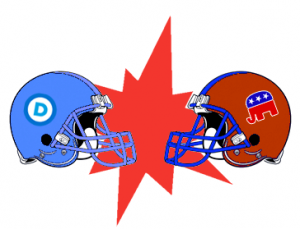
The NPR program Tell Me More’s section “Barbershop”, after discussing various political issues, switched over to football. Some commentator made the point that football, America’s most popular sport (the NFL ranks above Major League Baseball and Major League Soccer for most attendance among professional leagues), is the biggest thing Americans can agree on.
This led me back to the old “people treat political parties like sports teams” argument that crops up, especially when decrying partisanship. And it got me wondering: if the political system resembled any of our various sports systems, would we be better off?
Sports teams tend to be focused around geographic markets. Organized into divisions, conferences, and leagues, teams are constantly competing with different teams for victory, groups that have various strengths and skills. Each major league team tends to be linked to numerous lower teams, farm teams that aren’t necessarily in the same geographic region as their affiliates. Deals are made all the time, even between so-called “rival” teams, trading players based on perceived value.
As a fan, I can also hold various loves and hates as I wish. I’m free to love the Patriots because I grew up with them, but also love the Packers because they’re America’s only fan-owned major league team. I can hate the Cowboys just ’cause, and hate the Steelers because a rapist is their quarterback. I have overlapping and hierarchical loyalties, and that’s perfectly alright.
In contrast, politics is a sad variation. Imagine if every game, from opening day to the World Series was just played by the Red Sox and the Yankees. Yes, you’d dislike your opponent intensely (the Yankees suck). But you might also grow bored, drop out, and ignore baseball altogether. U.S. politics contains virtually no variation, except for a few scatterings of Democratic Party affiliates in the Midwest, and a third party or two.
Imagine if no party held more than a regional dominance in our nation. If multiple parties had to combine to form a coalition in Congress, or elect a president. Can you imagine you might find compromise more often, even if it meant more rigid partisanship in geographic areas; more fanaticism, so to speak?
Obviously the metaphor is imperfect (and always has been); political parties aren’t sports teams. But the overall point is this: the party system, like the sports system, is a created institution. It’s set up, both by organically-created convention, but also deliberate and intention decisions. It helps the national parties to have state parties subject to them, to be strongly affiliated and associated, even if that means damning a state party by association. It helps the national parties to create a rigid dualism in our political scene. Just as our leagues are self-created, so to are our political leagues.
How we structure our political system matters. First-past-the-post voting, where the largest vote getter wins the seat instead of requiring a majority vote, tends to create a rigid two party system (Canada being the major exception; local conditions are important). A bicameral system favors older and conservative parties, preventing new parties from achieving goals. Expanding constituencies, either by creating at-large seats or by reducing number of districts, favors richer and more oligarchic candidates; as do nonpartisan contests (lack of party affiliation requires greater spending for name recognition). Runaway spending on elections, where candidates (or “independent” groups) spend many times the equivalent of their potential governmental salaries in a few months, also favors the rich (or at least those with connections to the rich).
I think there are only a few ways to change the way this system is organized. First, a mass movement, perhaps even a Dorr Rebellion-style movement (which established an alternate government under the People’s Constitution), could possibly highlight the need for change and after its likely suppression force a change among establishment politics. Second, the political establishment might feel significantly threatened by a potential upstart political organization (either in their own ranks or as an outside force), and make the required changes. Third and finally, a successful upstart political organization could change the rules after seizing power under the old rules; but only if their victory is marginal enough that they would feel strengthened by rearranging the system.
Politics isn’t going to change on its own; there’s no incentive for Democrats or Republicans the change the structure of politics in the United States as it presently stands. Both have won key elections in past four years. Pressure, from dedicated citizens, is going to need to be applied. How to apply it, and where, are questions that must be considered. But what we want the new political system to look like, that also must be dealt with. And despite calls for “bipartisanship” and a change from the inside-the-Beltway mindset, I see no one offering a clear vision for an alternative.

